On Thursday, February 22nd, at 9:01 a.m., Dhaka, the capital city of Bangladesh, ascended to the second spot on the worldwide list of cities grappling with extreme air pollution. With a staggering Air Quality Index (AQI) score of 170 Dhaka, Bangladesh, Dhaka finds itself in a severe environmental crisis.
The AQI, a vital metric for assessing air quality, delineates pollution levels into distinct categories. Dhaka's alarming AQI score places it in the 'very unhealthy' bracket, indicating significant health risks for its inhabitants. This uptick in pollution underscores the city's enduring struggle with environmental degradation, particularly acute during winter, though somewhat alleviated during the monsoon season.
The calculation of Dhaka's AQI accounts for five hazardous substances: fine particulate matter (PM10 and PM2.5), nitrogen dioxide, carbon monoxide, sulfur dioxide, and ozone. Despite efforts to mitigate pollution, the city grapples with deteriorating air quality, posing grave health hazards to its populace.
In a sobering revelation, Dhaka's plight echoes a global crisis. Delhi in India, alongside Yangon in Myanmar, Tashkent in Uzbekistan, and Lahore in Pakistan occupy the first, third, and fourth, respectively, underscoring the widespread nature of this environmental challenge.
According to the World Health Organization (WHO), air pollution-related illnesses claim approximately seven million lives annually worldwide. The insidious impact of polluted air manifests in various debilitating ailments, including stroke, heart diseases, chronic lung conditions, lung cancer, and respiratory infections.
End//voice7news.tv



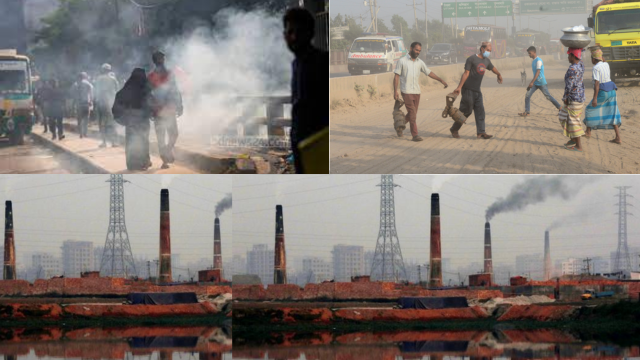

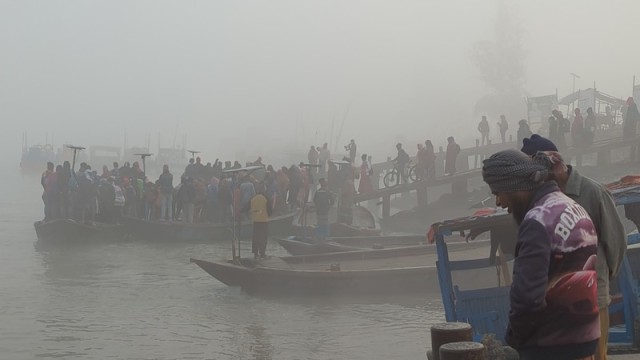
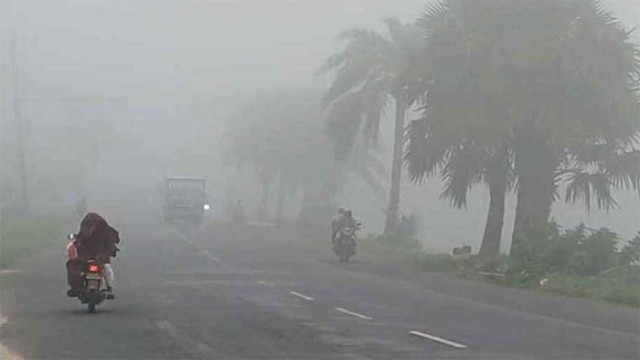
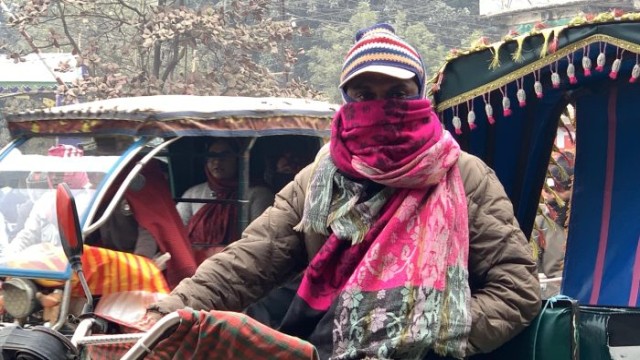
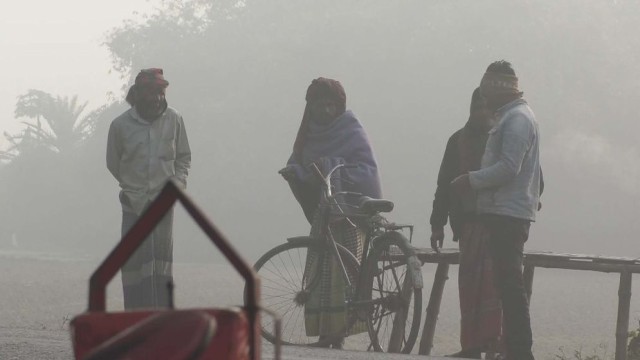
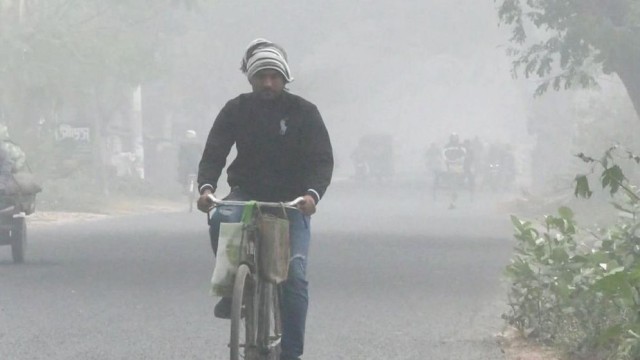





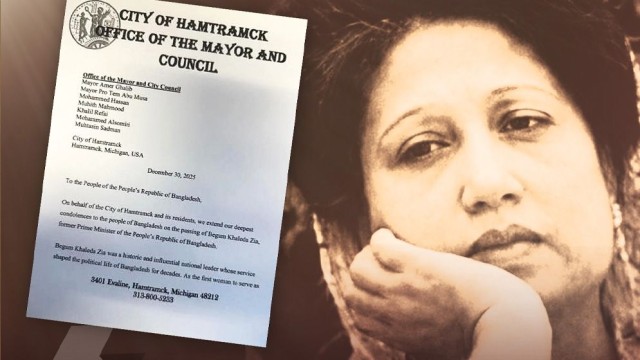








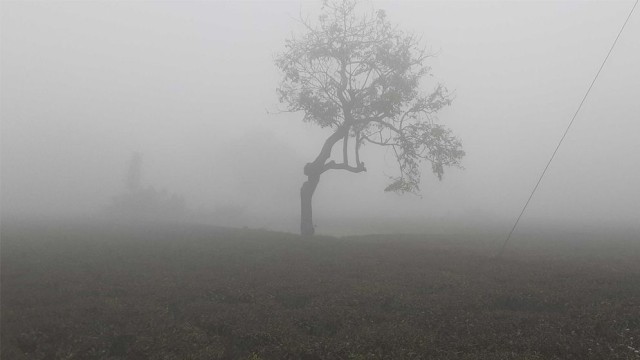






Comment: